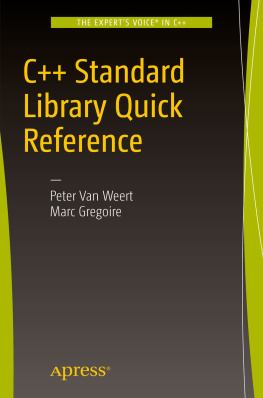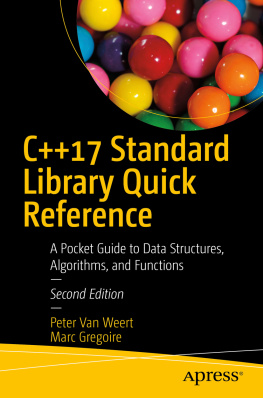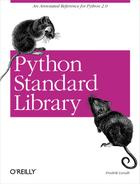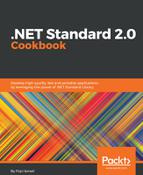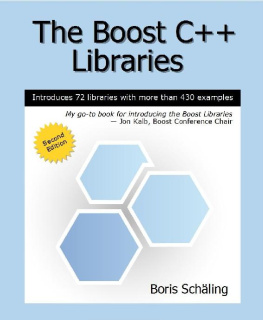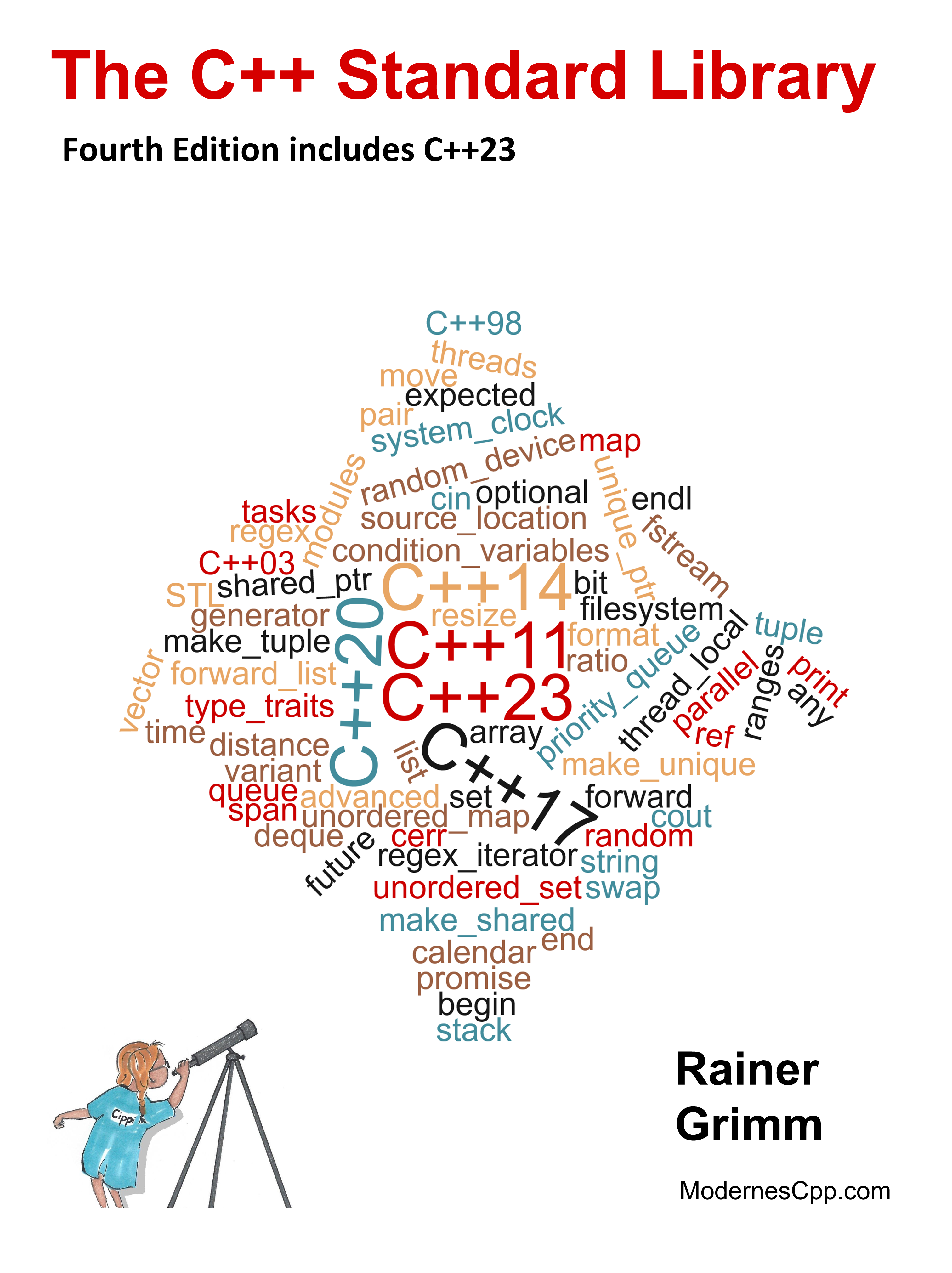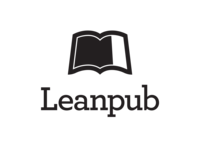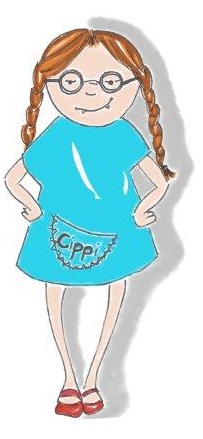What every professional C++ programmer should know about the C++ standard library.
This is a Leanpub book. Leanpub empowers authors and publishers with the Lean Publishing process. Lean Publishing is the act of publishing an in-progress ebook using lightweight tools and many iterations to get reader feedback, pivot until you have the right book and build traction once you do.
Reader Testimonials
English Edition
Rick Audet
Senior Engineer, Dolby Laboratories
"Arguably the quickest and easiest way to get up to speed on the most important parts of the C++ standard library. Recommended for any modern C++ programmer."
German Edition
Odin Holmes
CEO/CTO at Auto-Intern GmbH
"Das Buch beinhaltet, wie der Name schon sagt, eine recht ausfhrliche Beschreibung der STL. Dabei merkt Mann deutlich dass der Autor auch selber auf hohem Niveau programmiert. Es gibt oft den ein oder andere Tipp oder Wink in die richtige Richtung die bei Bcher von Berufsautoren oft fehlen. Z.B. die Aussage dass std::vector fr 95% aller Flle die beste Wahl ist oder dass std::async meistens die erste Wahl sein sollte lenkt der Leser geschickt in die richtige Richtung. Auch die Auswahl an Komponente aus der STL ist sehr gut getroffen (keiner kann in ein krzen Buch die ganze STL beschreiben). Oft sehe ich, vor allem in Deutschsprachige Literatur, dass die Auswahl eher auf Komponente trifft die leicht zu beschreiben sind und nicht auf die Ntzlichen. Eine gute und dennoch krze Beschreibung vom std::regex z.B. ist wei Gott nicht einfach aber in diesem Fall ist es der Autor sehr gelungen."
Ramon Wartala
Director Technology at Performance Media GmbH
"Die 215 Seiten plus Index des 'C++ kurz & gut' vom Autor Rainer Grimm stellen ein gelungene Destillat viel umfangreicherer Texte zum Thema da. So nimmt das Kapitel ber die klassischen Algorithmen der Standardbibliothek ganze 131 Seiten ein. Selbst kurze Beispiele fr die Anwendung der wichtigsten Bestandteile der Standardbibliothek passen eng gedruckt in das schmale Bchlein. Auch wenn heute Tools wie Dash oder entsprechend ausgestattete IDEs, mehr und mehr den Platz derartiger Desktop-Referenzen einnehmen, ist das 'kurz & gut' zu C++ Standardbibliothek ein leichter und mobiler Begleiter fr jeden C++ Entwickler. Und als Kindle Version um so bequemer mitzunehmen."
Introduction
Purpose of this Book
The C++ Standard Library is a quick reference to the standard library of the current C++23 standard ISO/IEC 14882:2023. C++23 has more than 2100 pages and follows the big C++20 standard. In contrast, C++23 and C++17 are neither a big nor small C++ standards. C++14 is a small addition to C++11. C++11 had more than 1,300 pages and was published in 2011. That was 13 years after the first and only C++ standard, C++98. Of course, there is also C++03, published in 2003. But C++03 is considered a bug-fix release.
This quick reference aims is to provide a concise reference to the C++ standard library. This book assumes that you are familiar with C++. If so, you will get the most benefit out of this book. If C++ is new to you, you should start with a textbook about core C++. Once you have mastered a book about the core language, you can make your next big step by reading this book. To make your job easier, I have provided many short code snippets to connect theory and practice.
Index
The book should be a reference for C++ and should, therefore, have an index. Leanpub does not support the creation of an index. So Ive made it based on regular expressions, naming conventions, a lot of python magic, and a long table that I had to split for each page. Here is the problem. The index is only fully available in the pdf format of the book.
Conventions
I promise only a few conventions.
Special Fonts
ItalicI use
Italic if something is essential.
MonospaceI use
Monospace for code, instructions, keywords, and names of types, variables, functions, and classes.
Special Boxes
I use boxes for unique information, tips, and warning.
Information headline
Information text.
Tip headline
Tip description.
Warning headline
Warning description.
Source Examples
I dont particularly appreciate using directives and declarations because they hide the librarys namespace. I use them so that the origin can always be deduced from the using directive (using namespace std;) or the using declaration (using std::cout;). Still, because of the limited length of a page, I have to use them from time to time.
Only header files of the featured functionality are shown in the code snippets. true or false is displayed in the output code snippets for boolean values, and
is not used.When your compiler supports the modularized standard library in C++23, you can replace the headers with an import std statement.
Source Code
To be concise, I only present short code snippets in this book. The name of the entire program is in the first line of the code snippet.
Value versus Object
I call instances of fundamental data types values, which C++ inherited from C. Instances of more advanced types, which often consist of fundamental types, are called objects. Objects are typically instances of user-defined types or containers.
Acknowledgments
First, I want to thank Alexandra Follenius, the lector at OReilly, for the German book C++ Standardbibliothek. The German book is the ancestor of this book. For my book C++ Standardbibliothek Karsten Ahnert, Guntram Berti, Dmitry Ganyushin, Sven Johannsen, Torsten Robitzki, Bart Vandewoestyne, and Felix Winter were very valuable proofreaders. A lot of thanks to all of them.
I started a request in my English blog for translating this book to English www.ModernesCpp.com. I received a much higher response than I expected. Special thanks to all of you, including my son Marius, the first proofreader.
Here are the alphabetically ordered names: Mahesh Attarde, Rick Audet, Pete Barrow, Michael Ben-David, Dave Burns, Alvaro Fernandez, Juliette Grimm, George Haake, Clare Macrae, Arne Mertz, Ian Reeve, Jason Turner, Bart Vandewoestyne, Ivan Vergiliev, and Andrzej Warzynski.
Further Information
The idea of the book is relatively easy to paraphrase: What every professional C++ programmer should know about the C++ standard library. Because of this intention, I left many answers unanswered; therefore, I provide you with the links to the details at the beginning of each new topic. The link will refer to the excellent online resource www.cppreference.com.
Cippi
Let me introduce Cippi. Cippi will accompany you in this book. I hope you like her.


